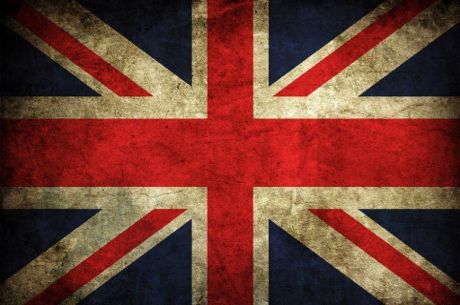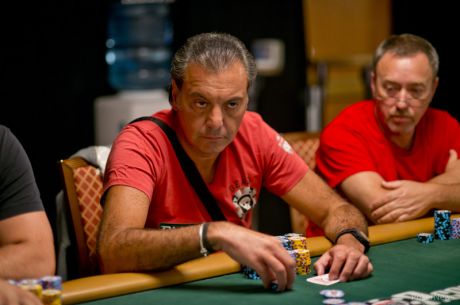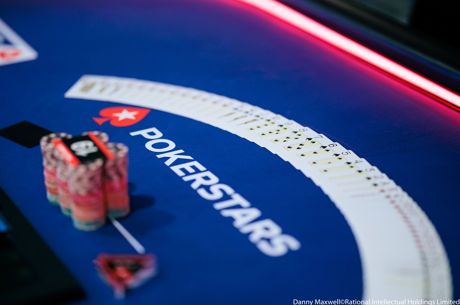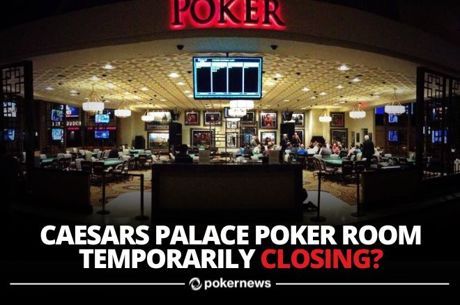Elderly Couple Faces �80,000 Fine for Talking About Gambling on Dutch Radio Station
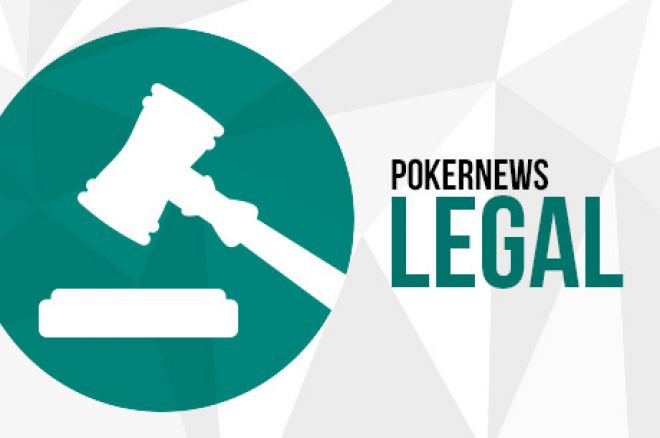
A lottery organized to sell a house in South Africa may cost a 75-year old Dutch citizen and his 74-year old Belgian wife an �80,000 fine, as Dutch regulator Kansspelautoriteit believes that the two have organized the event in violation of the laws that regulate gambling in the Netherlands.
The couple, which decided to sell the house in order to support some costly medical treatments, chose to turn the sale into a lottery and gave Austria's specialized attorney Christa Kohl-Rupp the full powers to take care of all the organizational aspects.
"Christa Kohl-Rupp has been doing this for over 10 years now," Gaming Legal's lawyer Bas Jongmans told PokerNews. "She organizes lotteries for all sort of things, from houses to cars and much more. This is her business, this is what she does."
Yet, even if the lottery was supposed to be an Austrian event involving two citizens �� both holding a Belgian passport �� based in South Africa, a multilingual website and an interview to a Dutch radio led the gambling authority to consider it in clear conflict with the Dutch gambling law.
According to Jongmans, who is now representing the couple in the appeal against the sanction, the regulator decided to punish the couple for the "excessive visibility" that their lottery had in the country thanks to the exposure that the event has received in local and national media.
"The website built to advertise the event was available in different languages and, by chance, a local media picked it up. The story then landed on the pages of a national newspaper," Jongmans said. "Since then, it didn't take long until the couple was invited to talk about it on a radio."
But while media seemed to find the idea of a lottery a particularly creative one to deal with the Netherland's stagnant real estate market, the gambling regulator decided that an interview in Dutch is enough to put any event organized anywhere in the world by people of any nationality in contrast with the Dutch national gambling regulation.
"People should not be intimidated by their own government to refrain from having a dialogue with the media. This is not George Orwell��s 1984," Jongmans continued.
"By agreeing to a media interview, the couple provided Kansspelautoriteit with an easy opportunity to blame them for an event that was clearly regulated, taxed and organized under Austrian law."
According to a Jongmans, the sanction derived from the fact that "the regulator is desperately looking for ways to prove its efficiency" by setting examples that will show the general public that any gambling activities connected to the Netherlands or even simply made available in the Dutch language will not be tolerated.
"The exposure that the event has received from the media has probably brought some more participants in," Jongmans went on. "But now this has been all blamed on the couple."
The regulator keeps a close eyes on Dutch blogs
The regulator's decision to sanction the couple for the media exposure their event has received also raised some serious concerns about the real freedom of expression allowed in the Dutch-speaking blogosphere.
"When you look at the case file, you can see that there are references to blog posts and to people quoting my clients," Jongmans explained.
According to the gaming lawyer the Kansspelautoriteit has spent time and resources to find any discussion about the lottery on the Internet, so that it could prove that �C although it was organized according to Austrian laws and by non-Dutch citizens, it had to be considered as a Dutch event.
"Many people spoke about it on the Internet, but the regulator has decided to blame the couple for all the comments, as if they were the ones who wrote them or even started the discussion."
Asked to comment on an hypothetical scenario in which someone would blog in Dutch about an upcoming poker tournament organized outside of the Netherlands, Jongmans answered that "based on what we are seeing in this case, I can guarantee you that a situation like that one would cause troubles if it would pass under the regulator's radar."
PokerNews has tried to contact the Kansspelautoriteit for a comment on the story, but were not able to get a statement at the moment of publishing.
Keep following PokerNews to know more about the story as it develops.
Get all the latest PokerNews updates on your social media outlets. Follow us on Twitter and like us on Facebook now!

